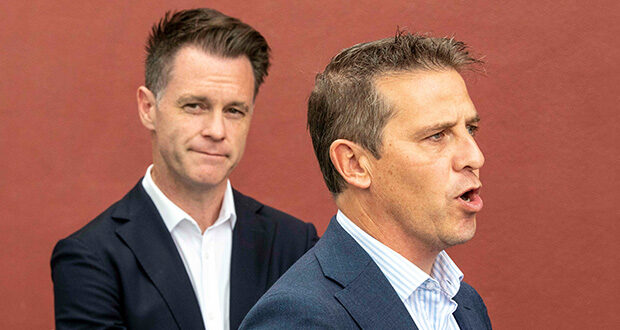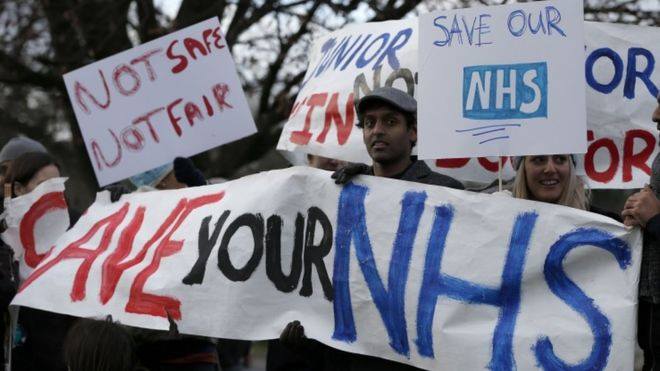Last week the two biggest health unions in England revealed the much-anticipated results of their NHS pay ballots.
The Royal College of Nursing announced that its members had marginally rejected the latest offer from the government, meanwhile Unison announced that the majority of its members had accepted it.
They were among several unions that have been balloting their members on the latest pay offer, which would provide Agenda for Change (AfC) staff in England with an additional lump sum for 2022-23, and 5% pay rise for 2023-24.
Nursing Times has broken down what the next stages are in the NHS pay dispute in England.
On Tuesday 2 May an extraordinary meeting of the NHS Staff Council will take place, where representatives from health trade unions and employers will discuss the results of the recent NHS pay ballots.
Among the representatives on the staff side will be the six health unions that currently have strike mandates in England: the RCN, Unison, the Royal College of Midwives, the GMB, Unite and the Charted Society of Physiotherapy.
A consultation will take place at the meeting, where staff side representatives from these unions will cast their votes on whether they want the NHS Staff Council to collectively accept the pay deal.
Nursing Times has been told by Unison that voting on the staff side is determined by the size of the AfC membership.
As Unison and the RCN are the two biggest health unions, representing the most AfC staff, they will have a greater representation in the vote than health unions with smaller AfC membership.
“The ball will be in the government’s court at the end of this process”
Sara Gorton
To collectively accept the pay deal, the NHS Staff Council will need the majority of unions to vote to accept the pay offer.
This process means that, even if one union rejects the deal, it could still be implemented by the government.
Sara Gorton, NHS Staff Council staff side chair and head of health at Unison, said there were still “another couple of weeks of uncertainty” as the council awaits the results of other unions.
Ms Gorton told Ayesha Hazarika on Times Radio Drive that, until all six union consultations closed, she was “not going to be in a position to know what the final position is”.
She described how Unison had “a large amount of nurses in its membership”, and noted that there were “processes to manage different results” between health unions representing the same professions.
Ms Gorton said: “That’s why it’s important that we wait until all of the unions have reported in.”
Once the consultation has finished the final result will be presented to the health secretary, Steve Barclay, who will decide whether to implement the pay deal.
“The ball will be in the government’s court at the end of this process,” said Ms Gorton.
She also noted that the Unison members had given the union “a very clear steer that they want this money in their pay packets”.
Ms Gorton added: “We’ll be doing what we can, wait for other unions and, if it’s a majority, to implement the deal [and] to put pressure on the government to make that happen as quickly as possible.”
Even though a majority vote could result in the government implementing the pay deal, unions that have rejected the offer can still remain in dispute, as long as they have a strike mandate.
The RCN announced alongside its ballot results last week that it would be looking to conduct a new England-wide statutory ballot, to extend the scope and duration of the current mandate for industrial action.
Meanwhile, in a letter sent to the RCN’s general secretary and chief executive, Pat Cullen, the health secretary said he was going to “await the collective outcome” of the NHS Staff Council meeting, and urged the RCN to do the same.
In the letter Mr Barclay added: “I would welcome a meeting with you to discuss how we can avoid this escalatory action – recognising that the offer we negotiated with you and other unions stands, and I hope to see it implemented in the interests of all Agenda for Change staff once other consultations conclude.”







